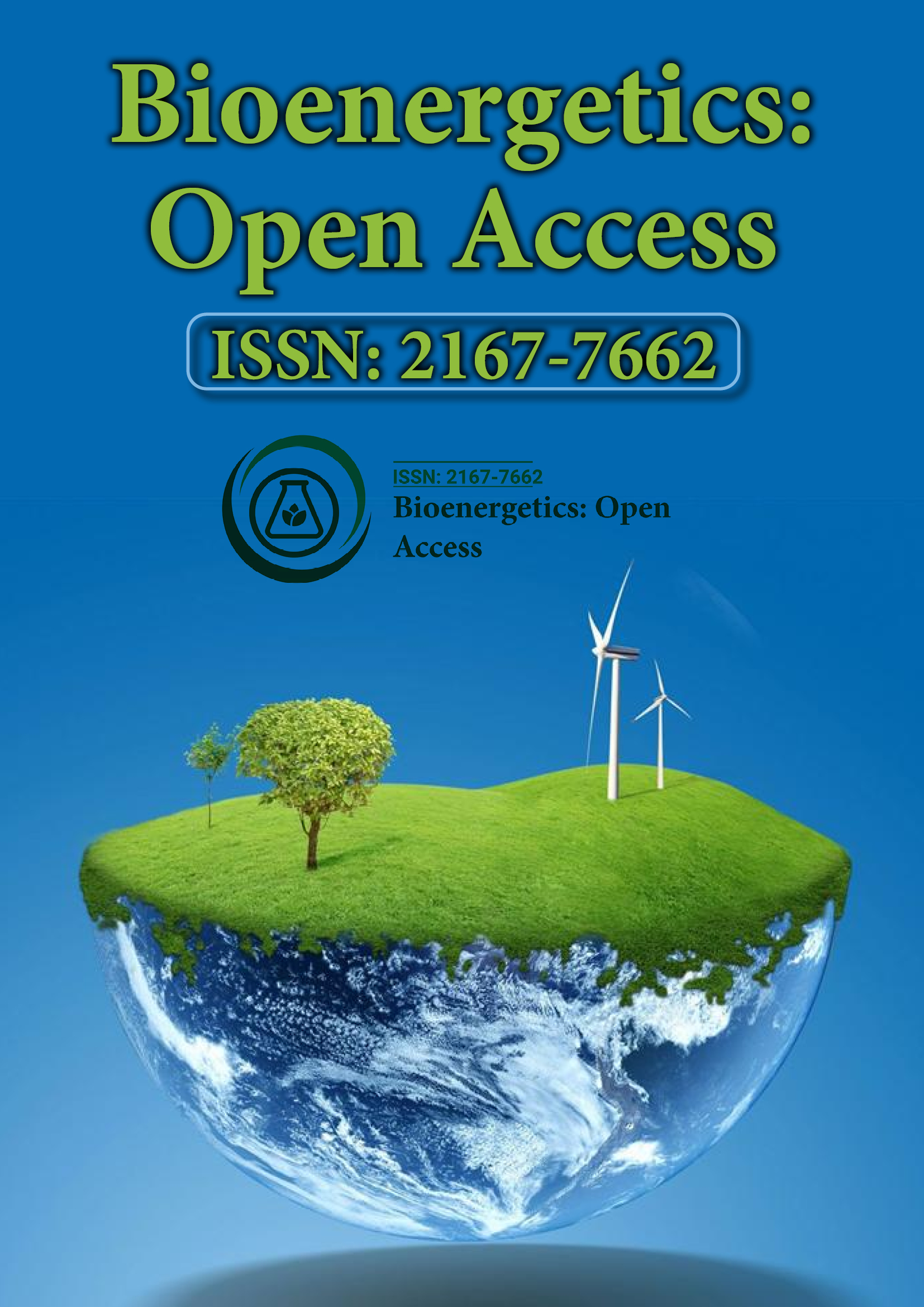Indexed In
- Open J Gate
- Genamics JournalSeek
- Academic Keys
- ResearchBible
- RefSeek
- Directory of Research Journal Indexing (DRJI)
- Hamdard University
- EBSCO A-Z
- OCLC- WorldCat
- Scholarsteer
- Publons
- Euro Pub
- Google Scholar
Useful Links
Share This Page
Journal Flyer

Open Access Journals
- Agri and Aquaculture
- Biochemistry
- Bioinformatics & Systems Biology
- Business & Management
- Chemistry
- Clinical Sciences
- Engineering
- Food & Nutrition
- General Science
- Genetics & Molecular Biology
- Immunology & Microbiology
- Medical Sciences
- Neuroscience & Psychology
- Nursing & Health Care
- Pharmaceutical Sciences
Abstract
Cities and climate change: How can we respond?
Ifeka Adolphus Chinenye
Climate change is a global phenomenon that largely impacts
urban life. Rising global temperatures cause sea levels to rise,
increases the number of extreme weather events such as floods,
droughts, and storms, and increases the spread of tropical diseases.
All these have costly impacts on cities’ basic services, infrastructure,
housing, human livelihoods, and health. At the
same time, cities are a key contributor to climate change, as
urban activities are major sources of greenhouse gas emissions.
Only with a coordinated approach and action at the global,
regional, national and local levels, can success be achieved. It is
essential, to make cities an integral part of the solution in fighting
climate change. Many cities are already doing a lot by using
renewable energy sources, cleaner production techniques and
regulations or incentives to limit industrial emissions. Cutting
emissions will also reduce local pollution from industries and
transport, thus improving urban air quality and the health of
city dwellers.
According to the IPCC special report on global warming of
1.5°C (2019), the world population is rising especially in small
and medium-sized cities in low-and moderate-income countries.
The urban population projected to increase by 2 billion
by 2050, 360 million people live in urban coastal areas and 3
billion people will live in slums and informal settlements by
2050.
Climate Change risks concentrate in cities leading to heat
stress, flooding, infectious and parasitic disease, new disease
vectors, air pollution, water scarcity, landslides, and fire. These
risks could expose and amplify pre-existing stresses such as
poverty, exclusion, governance especially in African and Asian
countries where urbanization rates are highest.
Cities are at the frontline of adaptation, measures such as disaster
risk reduction and management, flood and drought early
warning systems. Regional differences in adaptation spending
should be adopted where developing cities spend more on
health and agriculture-related while developed cities spend
more on energy and water.
Mitigating Climate change impacts on cities requires a holistic
approach; urban economies need more energy-intensive due
to higher per capita income, mobility, and consumption. Rising
demand for electricity in cities can drive system transition.
Replacing paraffin, wood and charcoal in informal settlements
improves air quality, reduces fire-risks and deforestation, which
increases adaptive capacity and raises demand.
Published Date: 2020-12-23; Received Date: 2020-12-09
